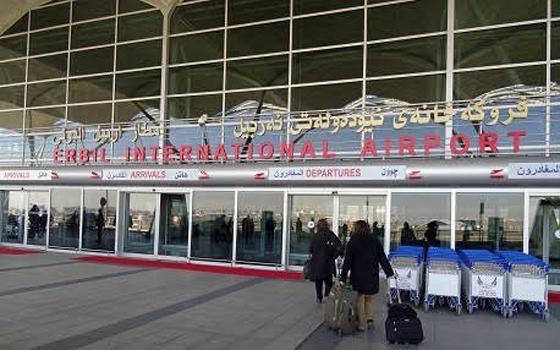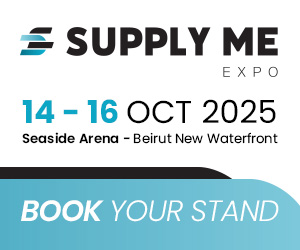Erbil International Airport (EIA) has signed a contract with a German company as it revives a plan for updates to the airport that was shelved because of the outbreak of the ISIS war and the Region’s financial crisis.
The contract with Lufthansa Consulting, “will secure for the airport key expertise across a range of airport disciplines from project management, through planning, design, cargo, security and safety,” read a press release from EIA on Thursday.
The airport will begin four projects this fall to upgrade facilities in advance of anticipated increased traffic through the airport, including cargo.
First is repairs to the terminal roof and other infrastructure, including the airfield. This will be done by Makyol Construction, which had done the initial construction of the runway and terminal buildings. The cost of the repairs was not detailed in EIA’s statement.
Anticipating increased passenger and cargo traffic, EIA will spend $6.5 million on a four million gallon fuel storage facility that, “once complete will offer greater resilience to the airport’s ability to operate in event of fuel shortages,” the airport announced.
They will also begin a $7 million dollar water treatment project needed to accommodate increased passenger numbers and the presence of US and anti-ISIS coalition forces at the airport.
EIA will also spend $17.5 million on landscaping.
“The expertise that Lufthansa Consulting can bring is essential as we seek to develop and expand infrastructure and services at EIA,” said the airports General Director Talar Faiq. “Managing projects, keeping them on time and to budget is a vital part of developing Kurdistan’s gateway to the world.”
The first plane landed at Erbil Airport on December 15, 2003, home to the world’s tenth-longest runway, according to EIA. The airport was built on a former military airfield as an important “gateway” to the world for the landlocked region.
Lufthansa Consulting’s Catrin Drawer said her company was “honoured” to develop EIA’s masterplan in 2014, before the projects were put on hold, and they “look forward to supporting EIA and the KRG [Kurdistan Regional Government] with expert resources as they seek to manage a range of complex projects across the airport site to upgrade the infrastructure and services for further business development and attracting potential investors.”
Rudaw
4 August















































































